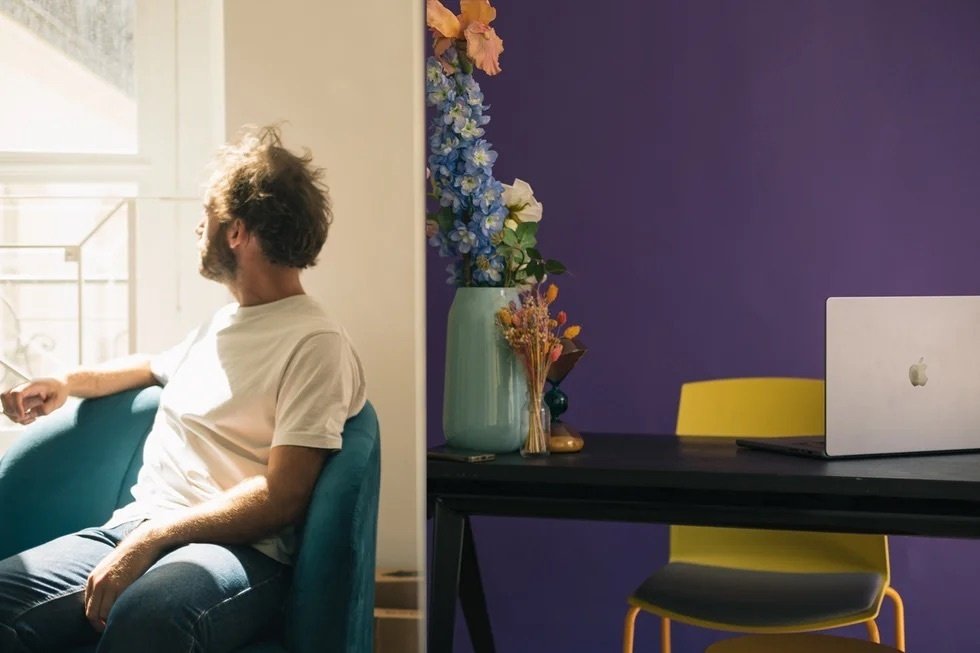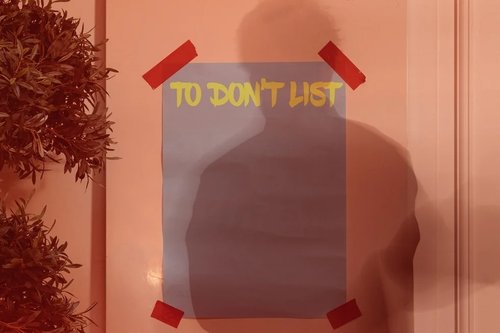Introverts & extroverts: Strategies to ace your interview
Aug 20, 2024
4 mins


Freelance writer
Extroverts thrive in situations where they can assert themselves, socialize, and connect with others. Introverts prefer to listen and reflect and feel more comfortable talking to people they already know. When job-hunting, especially during the interview process, it may seem that there is a bias towards candidates who are more confident and assertive with great communication skills, all potential traits of extroverts.
However, as psychologist and career coach Hannah Courtney Bennet says, the main difference between extroverts and introverts does not lie in their ability to communicate, but in how they leverage their unique traits and skills to present themselves as an ideal candidate. Introverts and extroverts both have strengths they bring to the table which make them valuable employees.
Introverts and extroverts as professionals
Though introverts and extroverts exist on a spectrum and don’t necessarily fit into set boxes when it comes to their personalities, it’s important to note that overall, the two groups may be well suited for different types of jobs. For instance, extroverts might be more successful in a sales or consulting role, while introverts may thrive in an environment where they can work on a project individually and have chances to mentally recharge throughout the day.
Personality type can also play a role in management style. One study found that people who were more confident, sociable, and assertive, had a 25% higher chance of being in a senior management role, or high-earning job. That might seem to favor extroverted people, but results also show that those with introverted tendencies might make better leaders. Extroverted managers were less receptive to other energetic and highly motivated employees, while their introverted counterparts listened and made their employees feel valued, encouraging them to work hard.
A changing landscape
Working from home has also drastically changed the way people work. Due to the fact that introverts are typically more productive working individually, and gain energy from being alone, working remotely in a quieter setting may be beneficial to them. Not working immediately alongside others can allow them to take more time to reflect on their work or meetings throughout the day. With this new way of working, extroverts may have to adjust their work habits, like setting specific time aside to connect and collaborate with coworkers, as these aspects of the workplace are more likely to increase their productivity and energy level.
When it comes to the interview process, for an introvert who has trouble connecting immediately, it may seem overwhelming to communicate to an interviewer how well-suited you are for the role. Extroverts may thrive in situations like a job interview where they can talk about and make a case for themselves but should be careful not to come across as overbearing or rude. There are different ways both groups can prepare for an interview and leverage their personality types to showcase why they are best for the position.
Strategies for introverts
1. Prepare your answers in advance
There are many common questions interviewers ask during the selection process, and if being put on the spot gives you anxiety, it could be helpful for you to research and prepare some answers ahead of time.
Once you have a few of them down, practice with friends or family to get comfortable relaying those answers in person. This will alleviate some nerves and leave you feeling more confident going into the interview. Just make sure your answers don’t sound too rehearsed when the time comes.
2. Embrace your strengths
Coming across as confident in an interview does not necessarily mean that you need to mimic extroverted tendencies. Many introverts have a behavioral skill set that allows them to think critically and harness their analytical side, and many introverts are great listeners. These are skills a more extroverted candidate may not have.
While it’s important for interviewers to see how a candidate will fit into the social dynamic of the workplace, introverted candidates preparing for an interview should showcase all the great qualities they bring to the table. Play up your attention to detail or independence, for example, and your ability to focus on tasks.
3. Talk about your passions
A great way to connect with the interviewer is to speak about things that genuinely excite you. Discussing past projects or industry trends helps give the person sitting across from you a fuller picture of you as a candidate. Talking about your areas of expertise with passion shows confidence and will leave an impression on the interviewer.
Strategies for extroverts
1. Be comfortable with silence
While introverts may be good listeners, or internalize their thoughts, extroverts have the tendency to talk. The gift of the gab gives them their highly sought-after social butterfly personality.
In an interview, however, there may be periods of silence while you as the interviewee, or the interviewer are collecting their thoughts or thinking about an answer to a question. Practice being comfortable with that silence and not filling the awkward space by talking, as it might make you seem overeager or impatient.
2. Practice listening skills
Along with being comfortable with silence, it’s also pertinent for extroverts to practice mindful listening skills before an interview. It’s common for extroverts to be eager to share about past roles or projects they were passionate about.
While it’s nice to develop a continuous flow of conversation with the interviewer, it’s also important to keep your answers succinct and clear. If not, it could signal to the interviewer that you have trouble focusing and listening to others.
3. Understand the company’s work-from-home policy
Many extroverts gain energy by being around others, and as an extrovert, you might be more comfortable working in collaboration with a group of people every day. With hybrid roles still very common, it may be in your best interest to work at a company that is not fully remote. Keep this in mind when job-searching, and be sure to discuss with the interviewer the settings in which you can produce your best work.
The takeaway
Though it may seem that there is a bias towards extroverts in the hiring process, job hunters should approach an interview with honesty. As Bennet says, “If the selection process is fair and those doing the hiring are doing their job correctly, they’ll understand that personality type does not show how good of an employee someone will be.”
Preparation can help both groups, and there are plenty of ways for introverts and extroverts alike to leverage their unique personality traits, excel in the selection process, and land the job.
Photo: Welcome to the Jungle
Follow Welcome to the Jungle on Facebook, LinkedIn, and Instagram and subscribe to our newsletter to get our latest articles every week!

More inspiration: Applying for jobs

Should you job hunt over the holidays? Tips to beat the new year rush
Searching for a new job to start fresh in 2025? The holiday season might be the right time for you to start the process.
Dec 09, 2024

Should you be scared of the ghost job trend?
Have you ever been ignored after applying for a job? You may be a victim of the ghost job trend.
Jun 12, 2024

Lost in translation: Decoding bizarre job descriptions
“Candidates with no sense of humor need not apply.” Um …
Jan 25, 2024

Nailing your job search: Writing a to-don’t list for success
Don’t want this, don’t want that … Writing down things you want to avoid in a new job could be your job-hunting key.
Jan 18, 2024

Maximizing your references: Turning recommendations into opportunities
No more asking friends for fake references. Here’s how to get it right and land the job!
Dec 19, 2023
The newsletter that does the job
Want to keep up with the latest articles? Twice a week you can receive stories, jobs, and tips in your inbox.

Looking for your next job?
Over 200,000 people have found a job with Welcome to the Jungle.
Explore jobs